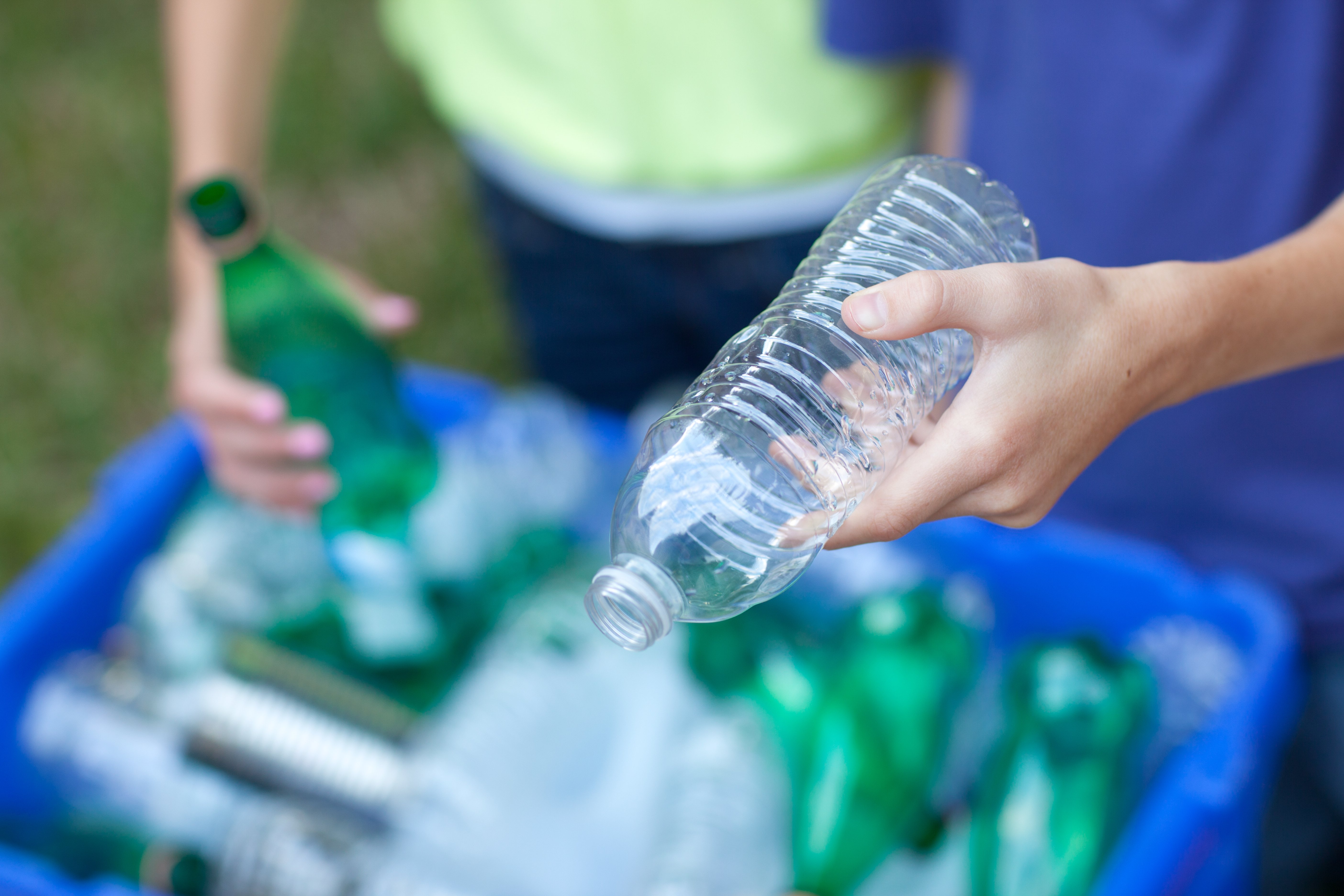
Global climate concerns mean that demand for sustainable, traceable packaging is at an all-time high. Consumers and manufacturers are looking for ways to make their choice of materials go further - whether through reuse schemes or simple recycling processes that help reduce waste to landfill.
To help your business on its mission to reduce its environmental impact and make more informed decisions about its choice of packaging, get ahead with the key facts.
Recycling your packaging materials: the key facts
Paper
It’s perhaps unsurprising that paper is the most widely recycled material on earth - and paper/cardboard packaging is the most recycled packaging in Europe. In fact, paper production makes use of an extremely high amount of recycled content, with 94% of the fibre used to create corrugated boards in Europe coming from paper for recycling.
Nevertheless, paper contains long fibres that shorten each time it’s recycled. This shortening process makes it increasingly difficult to recycle the material over time, meaning paper can only be recycled between 5 and 7 times, after which point the fibres become too short to be recycled again and can only be used to create pulp. Fortunately, the pulp is suitable for a range of commercial applications – including the production of egg cartons.
Plastic
Polyethylene Terephthalate (otherwise known as PET or polyester) is a tough, transparent and lightweight material that’s commonly used to create food and drinks packaging. In fact, practically all single-use soft drink and water bottles sold in the US are made from PET, while roughly 13 billion PET bottles are produced in the UK annually.
PET is recycled through a process of washing and either re-melting or chemically breaking the material down to create PET resin. In most cases, however, PET plastic can only be recycled once or twice before the material degrades to the point that it is no longer usable.
Despite the popularity of PET as a packaging material, there are over 50 types of plastic – and only 7 of those can be easily recycled globally.
7 types of recyclable plastic
Source: Plastic: It’s Not All the Same
Aluminum
Light, versatile and 100% recyclable, aluminium is the ideal option for businesses looking to cut their emissions and operate with increased sustainability.
Aluminium is a highly recycled packaging choice, with 70% of all drinks cans made from the material being recycled globally. And with the aluminum recycling process being 95% more efficient than producing the material from its raw materials, ensuring your cans, food trays and foil gets properly disposed of is a no-brainer.
While aluminium can be recycled infinitely, the material can take up to 500 years to oxidise if it ends up in landfill, so be sure to enter your waste products back into the recycling stream after use.
Glass
Another go-to option for infinite recycling, glass is a popular choice for drinks manufacturers and those looking to reduce their environmental footprint. The material offers a premium look and feel whilst benefiting food and drinks products by not letting in oxygen, keeping your products in tip-top shape for longer.
In the UK, the average household uses 500 glass bottles and jars every year – but the nation recycles just 50% of the glass they use. Troublingly, glass does not break down, so be sure to colour-match your used bottles (so recycling agencies can comply with coding standards) and avoid adding them to your general waste when possible.
Looking for simple, functional ideas for repurposing your packaging? Read our blog: 5 ways to repurpose your packaging.
From fully recyclable packaging, to bespoke solutions for FMCG businesses, we can offer the manufacturing, storage and delivery facilities to ensure your packaging needs are met. Email us at sales@allpack.uk.com, send us a message, or phone 01543 396700 today to discover how we can integrate process-efficient solutions into your business.